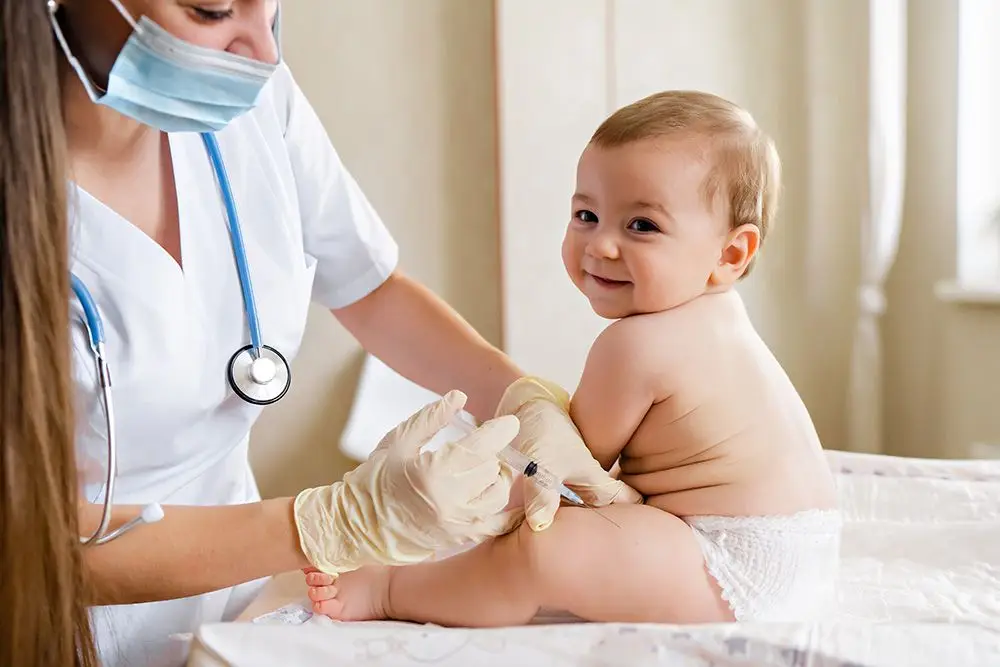Immunizations in Robbinsville, NJ

Stay proactive and aware of which vaccinations your little ones will need throughout their lifetime by referring to Hummingbird Pediatrics’ immunization schedule, or by calling to schedule a one-on-one consultation with your pediatrician.
Hepatitis B
Rotavirus
Haemophilus Influenzae Type B
Inactivated Poliovirus
Measles, Mumps, Rubella
Diphtheria, Tetanus, & Acellular Pertussis
Both diphtheria and acellular pertussis can lead to severe infection and complications of a patient’s respiratory system, making it difficult for them to breathe. Tetanus causes the muscles of the jaw to tighten uncontrollably and lock into place, resulting in the inability to open one’s mouth of even swallow.
Hepatitis A
Meningococcal & Meningococcal B
Human Papillomavirus
Varicella
Influenza
Respiratory Syncytial Virus (RSV)
The Importance of Immunizations
All of the diseases mentioned above can cause serious side effects, which may even result in death. Make sure to protect yourself and your kids by referring to our immunization schedule to know which vaccinations you need and when you need them.
If you notice that you or your child has lapsed in a particular immunization, or would like more information on these various diseases and preventative measures, please contact Hummingbird Pediatrics today to schedule a consultation with one of our specialists. New patients may contact our office in Robbinsville, NJ by calling 609-808-3123, or by submitting a request online through our secure form.

